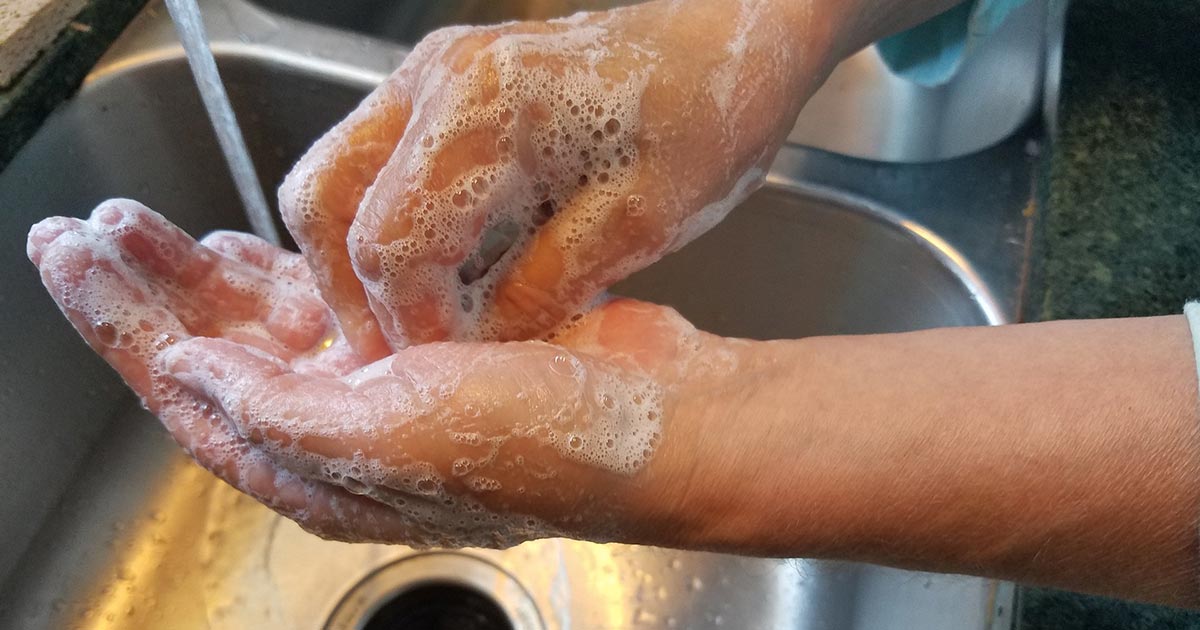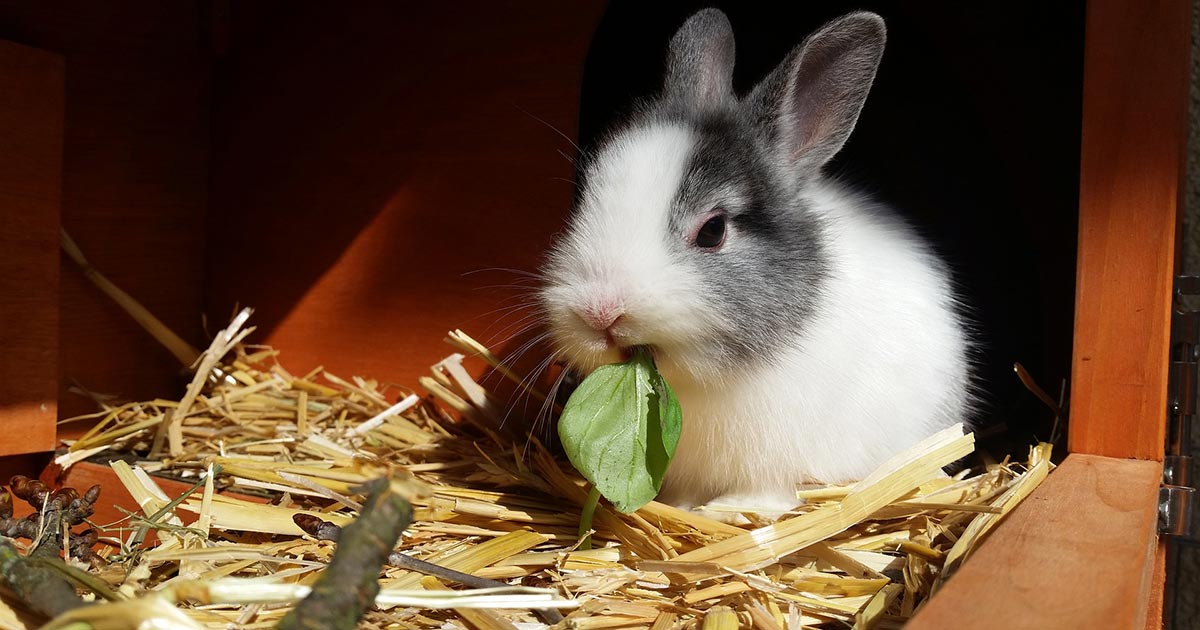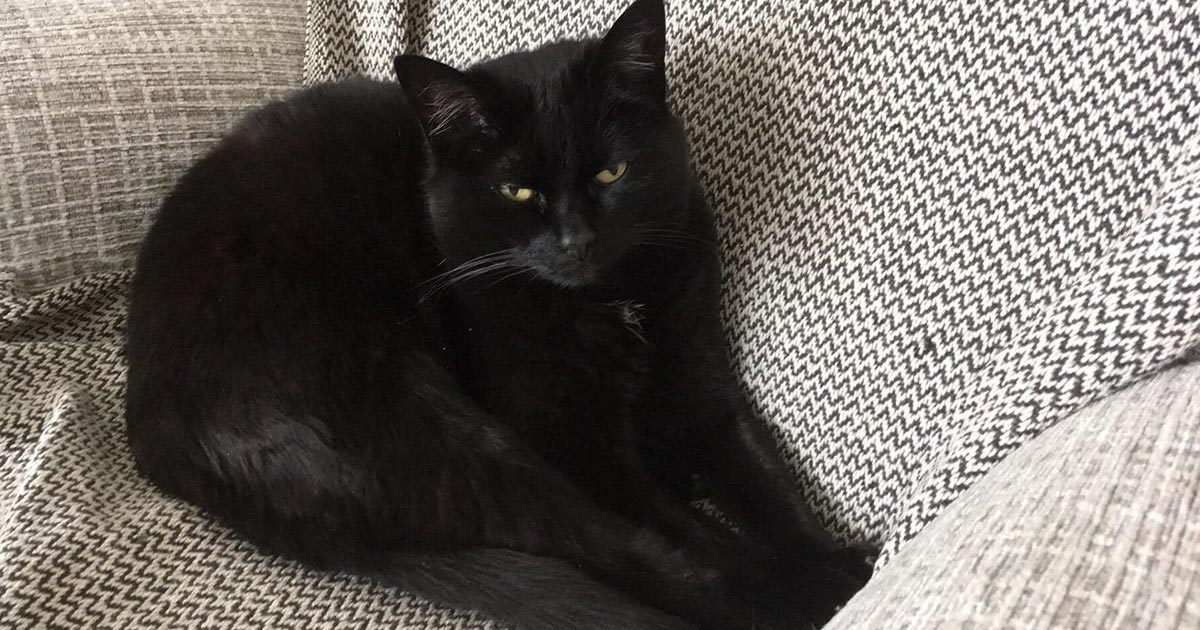I’m sure everyone feels as though life gets on top of them from time to time, and vet students – all students, in fact – are no exception.
I think it’s fair to say that I, among many of my friends on the vet course, have often wished for everything to just slow down… to hit pause on life for just a little while and for the world to simply stop.
Never, however, did I, or anyone else, think it could or would happen quite like this.
Place of positivity
I’m talking of course about what everyone else is talking about, COVID-19 – and I know that’s enough to turn a lot of readers away, considering the virus has already consumed so many areas of day-to-day life.
However, while I completely relate to this sentiment, I wanted to use this platform to speak from a place of positivity and proactivity and to remind anyone who does care to read on that we are all in this together.
We will be okay, the world will start spinning again – and, if you happen to be a vet student who has stumbled upon more spare time than you could shake a stick at, here are a few thoughts on how to spend it (ahem… alongside revision, of course).
Student support
While it’s utterly undeniable that everyone is being affected by the current crisis, I think it’s also important to speak from the student perspective.
Masters courses and non-graduating years of professional degrees aside, the class of 2020 is experiencing an end to university life that is entirely unique and, equally, heart breaking.
I think it’s important that those with a few more years until they reach the light at the end of the tunnel really appreciate this and support friends in their final year.
Planning graduation celebration events a few months after the fact gives everyone something to look forward to and remind everyone whose train is currently pulling into the station that, while they thought they still had several exciting and unforgettable stops left, it doesn’t make what they’ve already accomplished any less real or worthy of pride.
Hand(y) advice
This next idea may sound a little obvious, but every little thing goes a long way, and as a girl who found free revision in every public toilet and restaurant in the lead up to her exams I can tell you, you can never be told too often how to wash your hands.

If you are a vet student at any stage of your career, you already have more medical knowledge than the average person. I put it to you that it is your responsibility to sing it from the rooftops, tell it to anyone who will listen, and then some…
To the old, young or sceptical around you, remind them just why they have to wash their hands and show them how to. Remind them why social distancing is needed when all you want to do when you’re bored, lonely or scared is come together. Remind them how much good they are doing and how such tiny actions that seem completely insignificant can reach, affect, and save so, so, so many lives.
Capacity for kindness
Now for the good will part – and this doesn’t just apply to vet students, but I thought I’d stick it in here anyway for dedicated readers who have made it this far.
I may be paraphrasing politicians (while also being slightly cheesy, yet sincere) when I say, at the end of this, when it’s all said and done, it would be incredible not to look back at the COVID-19 pandemic not only as a crisis, but as a reminder of the capability of our society for demonstrating kindness and compassion.
Reach out
If you yourself are healthy and capable, why not reach out to your local community to see where you can make a difference and make someone’s journey through these uncertain times a little easier.
Volunteering to fetch food for elderly relatives or neighbours, or even just being a friendly voice at the end of the phone to combat the loneliness of isolation, are amazing personal efforts to be proud of – and keeping busy might just keep you sane as well.














